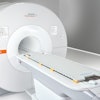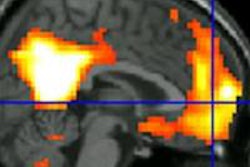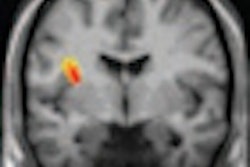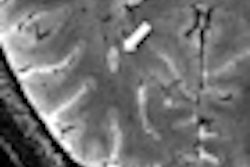Researchers at Tel Aviv University are using functional MRI (fMRI) and electroencephalography (EEG) to identify people who are more susceptible to longstanding disorders such as post-traumatic stress disorder (PTSD) if exposed to a traumatic event.
The researchers are using EEG and fMRI to view areas of the brain that regulate the emotional response to traumatic stress. Their aim is to then decode the brain functionality that indicates pre- or post-trauma psychopathology.
The findings could be used to help monitor people at high risk for these types of disorders, such as soldiers in combat units, according to the researchers.
Study participants were monitored using EEG and fMRI to record connections between the emotional and cognitive areas of the brain. The subjects were given continuous stimulations designed to cause stress and other emotional effects, such as horror and sadness.
Using advanced algorithms, the researchers identified the brain activity connected to the reported emotional experience. This mapping will provide targets for therapeutic procedures based on a person's individual brain activity, according to Dr. Talma Hendler, PhD, an associate professor of psychology and psychiatry, and Nathan Intrator, from the School of Computer Science.




















